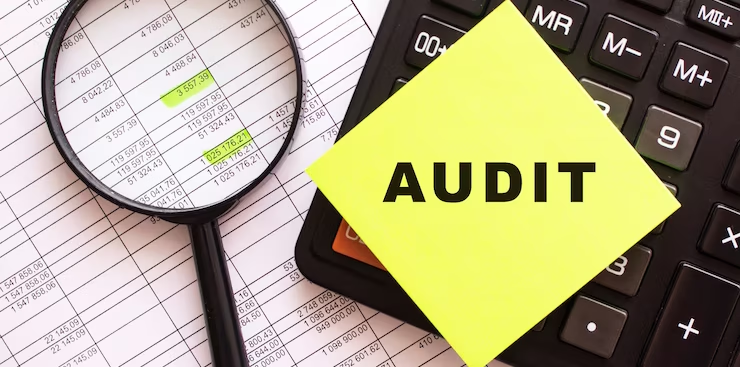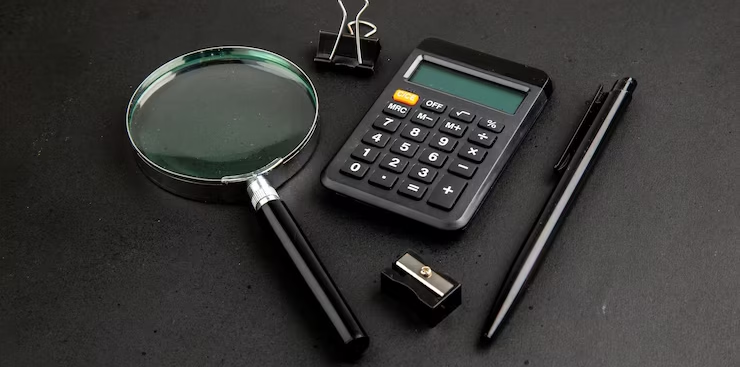Master Financial Accuracy with Comprehensive Forensic Accounting Audit Services
In today’s complex financial ecosystem, trust and transparency are invaluable assets. Financial irregularities, fraud, and mismanagement can have far-reaching consequences for businesses and individuals alike. This is where forensic accounting audit services become indispensable. These specialized audits delve deep into financial records, uncovering hidden anomalies and providing clear insights for decision-making and legal proceedings.
With rising instances of financial fraud and errors, the demand for forensic accounting audit services has surged. They are not only a tool for detecting fraud but also a means to enhance operational efficiency and ensure compliance with regulatory standards. This article explores the process, benefits, and real-world impact of forensic accounting audits while emphasizing why Mortgage Audits Online is your go-to partner for all such needs.
Understanding the Importance of Forensic Accounting Audits
Forensic accounting audit services play a pivotal role in safeguarding financial health. In essence, these audits are comprehensive investigations that identify discrepancies, detect fraudulent practices, and ensure compliance with legal standards. Unlike traditional audits, forensic accounting audits focus on tracing the root causes of financial issues and providing actionable solutions.
The global financial landscape is rife with risks, including fraud, embezzlement, and regulatory non-compliance. According to a 2023 report by the Association of Certified Fraud Examiners (ACFE), businesses lose an estimated 5% of their revenue annually to fraud. Such alarming statistics highlight the necessity of forensic accounting audit services.
“Conducting a forensic accounting audit is essential in today’s environment,” says expert financial consultant Lisa Thompson. “It’s not just about uncovering fraud but also about ensuring long-term financial stability and integrity.”
The Detailed Process of Forensic Accounting Audits
The forensic accounting audit process is both methodical and exhaustive, designed to ensure no stone is left unturned. Here’s an in-depth look at the stages involved:
- Engagement and Planning: The audit begins with defining its scope and objectives. Auditors collaborate with clients to identify concerns, review historical data, and set clear goals for the investigation.
- Data Collection and Organization: Financial documents such as bank statements, transaction records, payrolls, and contracts are gathered and organized. Advanced data analysis tools are used to process vast amounts of information efficiently.
- Analytical Procedures: Sophisticated techniques such as trend analysis, ratio analysis, and digital forensics are applied to detect anomalies or inconsistencies in the financial data.
- Interviews and Observation: Key personnel, including accountants, managers, and employees, are interviewed to corroborate findings and gather insights into operational practices.
- Report Preparation: A comprehensive report detailing findings, evidence, and recommendations is prepared. This document serves as a critical resource for addressing the identified issues and planning corrective actions.
- Litigation and Expert Testimony: In cases of legal disputes, forensic accountants may be called upon to present their findings in court. Their expertise and unbiased analysis often play a pivotal role in legal outcomes.
“Every forensic accounting audit is unique,” explains financial analyst Mark Reynolds. “It’s like solving a financial puzzle where every piece of data contributes to the bigger picture.”
Why Forensic Accounting Audits Are Indispensable
The value of forensic accounting audit services lies in their ability to address multifaceted financial challenges. Here are some reasons why they are indispensable:
- Fraud Detection: Identifying and mitigating fraudulent activities protects organizations from financial losses and reputational damage.
- Enhanced Compliance: Ensuring adherence to financial regulations reduces the risk of legal penalties and promotes ethical business practices.
- Clarity in Financial Transactions: Forensic audits provide an accurate and transparent view of financial operations, fostering trust among stakeholders.
- Support for Legal Proceedings: The evidence and expert testimony provided by forensic accountants strengthen legal cases and enhance credibility in court.
- Improved Financial Management: By uncovering inefficiencies and irregularities, these audits empower organizations to optimize their financial operations.
“Without a forensic accounting audit, businesses may overlook critical risks that can escalate into major issues,” says Sarah Morgan, a certified forensic accountant. “It’s an investment in securing your financial future.”
Real-World Applications of Forensic Accounting Audits
The scope of forensic accounting audit services extends across various industries and scenarios. Below are some practical applications that demonstrate their versatility:
- Corporate Fraud: Detecting fraudulent activities such as embezzlement, unauthorized transactions, and financial manipulation within organizations.
- Divorce Settlements: Analyzing financial records to ensure equitable division of assets during divorce proceedings.
- Mergers and Acquisitions: Conducting due diligence to validate the financial health of businesses involved in mergers or acquisitions.
- Bankruptcy Investigations: Identifying fraudulent transfers and determining the true financial state of bankrupt entities.
- Insurance Claims: Verifying the validity of claims and uncovering instances of insurance fraud.
These real-world applications illustrate the critical role of forensic accounting audits in addressing financial disputes and ensuring accountability.
Why Choose Mortgage Audits Online?
When it comes to forensic accounting audit services, expertise and reliability are paramount. Mortgage Audits Online stands out as a trusted partner, offering tailored solutions to meet diverse financial needs. Here’s why you should choose us:
- Experienced Professionals: Our team comprises certified forensic accountants with extensive experience in handling complex audits.
- Advanced Technology: We leverage state-of-the-art tools and software to analyze data accurately and efficiently.
- Client-Centric Approach: We prioritize your needs, providing customized solutions and unparalleled support throughout the audit process.
- Confidentiality and Integrity: We uphold the highest ethical standards, ensuring your financial data remains secure and confidential.
Expert Insights on Forensic Accounting Audits
To provide a well-rounded perspective, we’ve included insights from industry experts:
- “The ability to uncover hidden financial discrepancies is what sets a forensic accounting audit apart. It’s a vital tool for ensuring accountability in today’s fast-paced financial world.” – John Anderson, CPA
- “Forensic audits don’t just identify problems—they offer actionable solutions that help businesses thrive in a competitive market.” – Emily Carter, Financial Consultant
- “Engaging in a forensic accounting audit can save organizations from significant financial losses and legal battles down the line.” – Daniel Lewis, Forensic Auditor
Conclusion
In an age where financial transparency is crucial, forensic accounting audit services provide the assurance you need to navigate financial complexities. By detecting fraud, ensuring compliance, and supporting legal proceedings, these audits play a vital role in safeguarding assets and maintaining trust.
Don’t leave your financial security to chance. Take proactive steps to protect your assets and ensure transparency. Contact us today at (877)-399-2995 or visit Mortgage Audits Online to discover how our expert forensic accounting audit services can benefit you. Let us help you achieve financial clarity and peace of mind.







